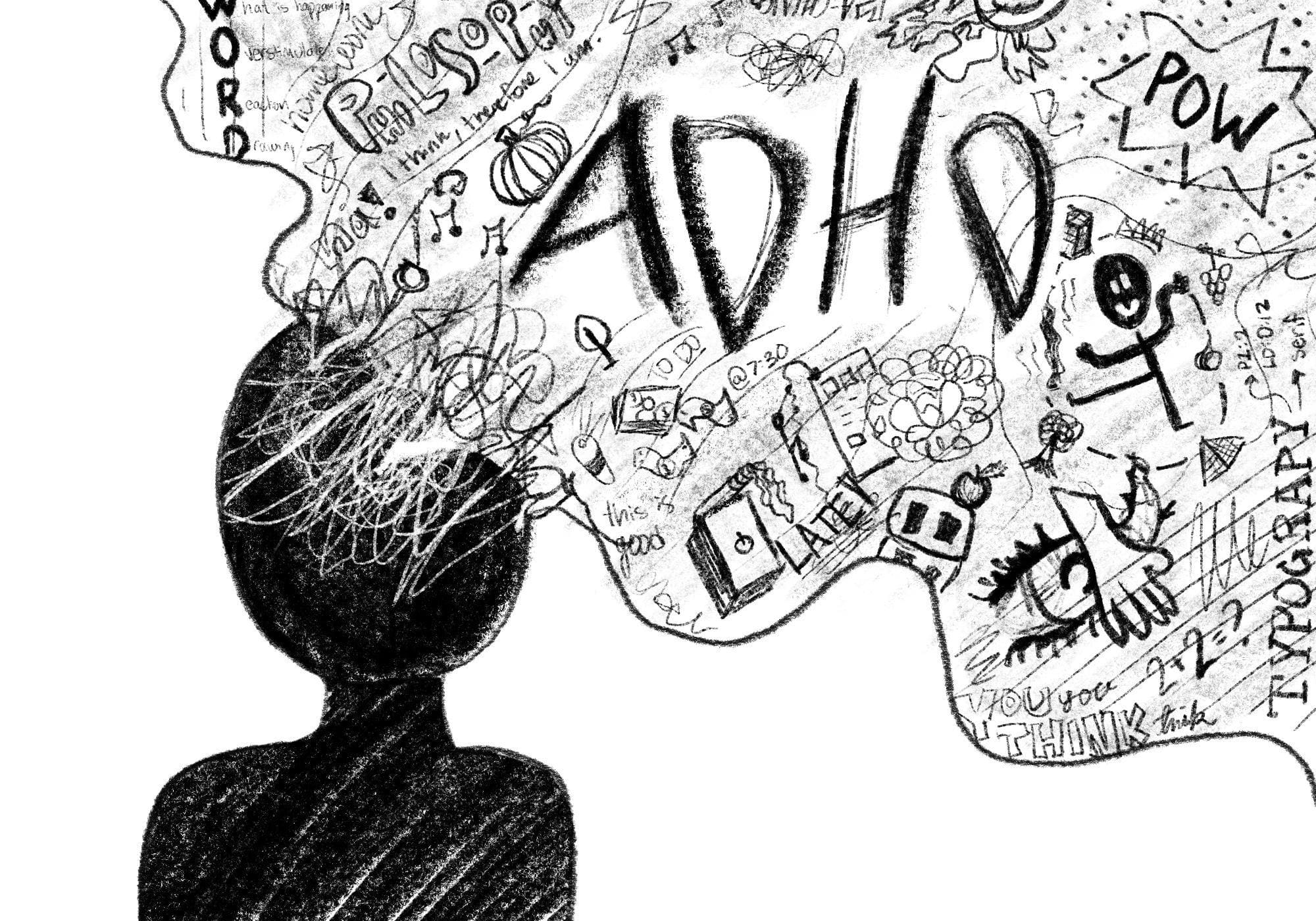Homeopathic medicines can effectively treat ADHD, helping to manage hyperactivity and improve concentration, though results may vary. Factors influencing the success of homeopathic treatment for ADHD include the age at which treatment begins, the severity of symptoms, and the child’s individual response to the medicines. The efficacy of homeopathic treatment for ADHD is therefore influenced by multiple factors.
Top Five Reasons to Use Homeopathic Medicines for ADHD
Traditionally, stimulant drugs, oral anti-hypertensive medications, and antidepressants are used to treat ADHD. However, many parents, concerned about side effects, turn to alternative treatments. Homeopathic medicines for ADHD offer several advantages over conventional medications.
Natural Remedies
Homeopathic treatments, a 200-year-old medical art and science founded by German physician Samuel Hahnemann, use natural substances, making them free of toxins.
Safe and Side Effect-Free
While stimulant drugs like Ritalin can be effective, they often have side effects such as sleeplessness, anxiety, loss of appetite, slow growth, and tics. Additionally, these drugs are not recommended for children under six due to the risk of toxicity and insufficient testing for negative reactions. About 20% of children with ADHD do not respond to the first stimulant drug or have a negative response to it. Homeopathic treatments, on the other hand, are safe and free from such side effects.
Holistic Approach
Homeopathy aims to treat the whole child, not just the symptoms of ADHD. It strives to improve overall attention and behavior while also addressing other physical issues like allergies, asthma, headaches, and stomach aches.
Individualized Treatment
Homeopathy treats each child as a unique individual rather than categorizing them into a type. This individualized approach is crucial for treating ADHD. For example, a child with inattentive symptoms like forgetting homework and losing things requires a different treatment than a hyperactive child prone to temper tantrums.
Simple and Effective
Homeopaths take time to understand the specific details of each case, avoiding a one-size-fits-all approach. A single dose of the correct homeopathic medicine can have long-lasting effects, sometimes for months or even a year.
Four Factors in ADHD Diagnosis
Parents of children with ADHD face the challenge of obtaining an accurate diagnosis. Since there is no single test for ADHD, a comprehensive approach involving parents, teachers, and other caregivers is necessary. The key factors in making an accurate ADHD diagnosis are:
Symptom Intensity
The severity of symptoms like hyperactivity, impulsivity, and inattention is critical in diagnosing ADHD. A child should exhibit at least six out of 18 signs of inattention or hyperactivity, with a noticeable negative impact on their home life, school performance, and relationships. An ADHD specialist must consider the child’s behavior in various settings to make an accurate diagnosis.
Symptom Onset
The onset of symptoms before the age of seven is an important criterion. Diagnosing ADHD in children under four or five is challenging due to the variability in their behavior. Additionally, inattention symptoms in toddlers and preschoolers are harder to identify because they encounter fewer situations requiring prolonged attention.
Symptom Duration
For an ADHD diagnosis, symptoms must persist for at least six months in more than one setting, such as home, school, and social situations. Specialists consider whether symptoms are long-term, excessive, and more frequent than in other children of the same age.
Symptom Settings
Symptoms must appear in multiple settings, including classrooms, playgroups, and home. Mental health specialists evaluate the child’s behavior in class, interactions with peers, and responses to authority. If symptoms occur in only one setting, an ADHD diagnosis is generally not given.
Frequently Asked Questions
What is ADHD? ADHD is a brain-based disorder affecting millions of children, characterized by difficulties in concentration, hyperactivity, and impulsive behavior. Diagnosing ADHD is complex because its symptoms often overlap with normal developmental behaviors. While homeopathic treatment has shown some success, results vary.
What are the sub-types of ADHD? There are three sub-types: predominantly hyperactive-impulsive, predominantly inattentive, and a combination of both. Children with the hyperactive-impulsive type struggle with controlling impulses and hyperactivity but generally pay attention well. Those with the inattentive type have difficulty focusing and are easily distracted but do not exhibit hyperactivity. The combined type involves symptoms of both hyperactivity and inattention.
What are the causes of ADHD? The causes of ADHD are varied and include genetic factors, environmental influences, and dietary causes. Genetics play a significant role, especially if there is a family history of ADHD. Environmental factors like prenatal exposure to cigarettes, alcohol, or drugs, as well as exposure to lead, can increase the risk. Dietary factors, such as the lack of omega-3 fatty acids, are also implicated.
What are the symptoms of ADHD? Symptoms are divided into inattention and hyperactivity categories. Inattention symptoms include difficulty focusing, easy distraction, frequent loss of belongings, and daydreaming. Hyperactivity symptoms include difficulty sitting still, constant movement, talking excessively, impatience, and disruptive behavior.
Homeopathic Medicines for ADHD
Concentration Issues: Baryta Carb and Lycopodium Clavatum are used for children who struggle with concentration, particularly during reading and conversation.
Impulsive Behavior: Hyoscyamus Niger and Veratrum Album help control impulsive behavior, such as striking, biting, cutting, tearing, and excessive shrieking.
Hyperactivity: Tarentula Hispanica and Tuberculinum Bovinum are effective for hyperactivity. Tarentula Hispanica is used for restlessness and impatience, while Tuberculinum Bovinum is indicated for hyperactivity with impulsive running away and angry outbursts.
Anger Outbursts: Chamomilla and Tuberculinum Bovinum are used to treat anger outbursts. Chamomilla is indicated for irritable and snappish behavior, while Tuberculinum Bovinum is suggested for fits of anger, screaming, and destructive behavior.
Consulting a physician before starting any homeopathic treatment for ADHD is essential to ensure the appropriate remedy and dosage for each child’s unique needs.



